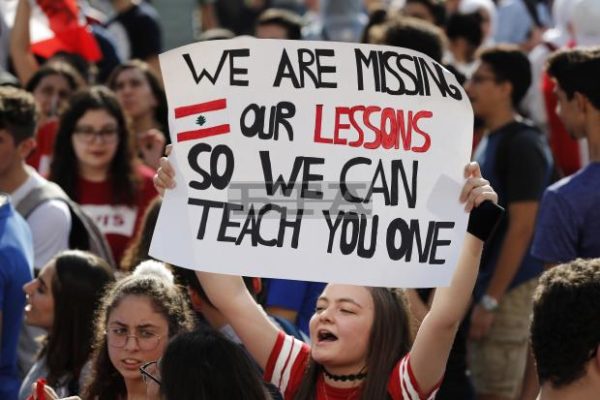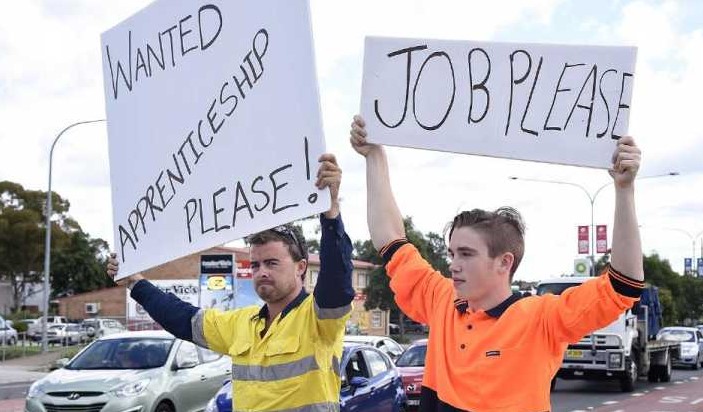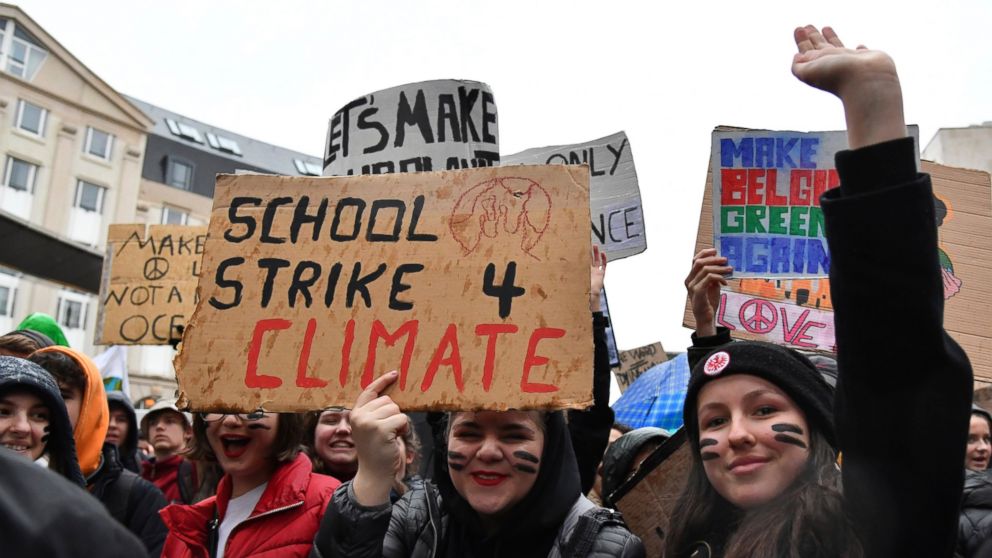By Joe Langabeer (Lincoln CLP)
When I attended secondary school, a teacher told us that “communism was the second greatest evil in the world”. He did not mention the first evil, nor did he tell us what that expression meant! At the time, I thought it was an odd statement to make. However, as I grew up, I began to understand what he truly meant. The perils of the neo-liberal economy and the fallout from the 2008 financial crash had started a trajectory of radicalisation among the youth. He was afraid that these students would challenge the status quo and break the traditional silence with their protests.
The 2010 British political landscape was slowly being taken over by discontent. The Occupy movement was formulating its demands, student strikes and London riots were about to hit, and austerity measures and anti-working-class attacks were about to drastically intensify. Ten years on and we have been given the good, the bad and the ugly, including the feelings of hopefulness represented by Corbynism. Brexit has exacerbated division between younger generations and the current Tory government, which they absolutely hate. Nevertheless, all the defeats and divisions have led me to one conclusion: hope. I am certain that Generation Z will become the radicalised voice of the future.
A view from the youth
The Guardian released an article last week examining the current mood of Generation Z (we should say by this point, Generation Z are defined as being born from 1997 onwards by the Pew Research Centre) (here). The article, ‘So many revolutions to lead’: Europe’s Gen Z on their post-Covid future’, focuses on the opinions and views of youths from around Europe. One of the most striking interviews in this article comes from a school student, Gwendolyn Amey, in Rennes, France:
“Our generation has so many issues to face, so many revolutions to lead. But I think the climate crisis would be the biggest challenge, knowing we need to repair so many errors made in the past and sacrifice lots of habits and lifestyles. I think we should respect nature more. Our interference in nature has led us here, to Covid-19 and how it started with a bat. Our arrogance and greed must be stopped.”

So many revolutions to lead! A bold statement, which is not surprising in the mouth of a young person. Revolutions lead to real, genuine change. However, it must be at the right moment. The youth have always had a tendency to become despondent in the face of the political system where radical ideas so often run into quicksand. Demands are made on leaders and the rest of the working-class to inspire real change, and these demands are met with mockery or opportunism. It is why patience and education must be instilled in the youth. A strong and inclusive political education is needed, which should not only comprise Marxist economics or the ideology and the history of the Bolshevik period, but also the challenges that have led the labour movement to its current conditions.
A broken, ‘modern’ economy
Let us examine another quote from the same Guardian article. Cameron Doring, 22, is a laundry worker in the hospitality sector for the UK:
“Having a zero-hour contract feels like you’re held at the end of a leash. Having to remain “flexible” and ready to drop all plans if the ‘business demands it’ is a horrible way to live. I don’t want to have to wait until my parents die before I can afford to own somewhere of my own to live.
“With more jobs being automated, the opportunity for work has tumbled in the UK. The few jobs remaining are often dangerous, monotonous or exploitative. This only grows the divide between the richest and poorest. I see it more and more each day.”
The damage of the gig economy makes young people demoralised when it comes to the labour market. 36% of young people in the US are now part of the gig-economy (here). The gig economy is a farce, one where you can expect little work with unsustainable pay and humiliating working conditions.
Euro Health Net has been studying the effects of the gig economy on young people’s mental health (here), highlighting the lack of financial pay and job security, which had accompanied non-traditional working arrangements. Little-to-no social contact, shady management practices and the removal of suitable quality employment make up the current structure of the gig economy. As a result, workers’ mental health has seriously deteriorated.

The International Labour Organisation (ILO) produced a paper for ‘Global Employment Trends for Youth 2020’ (here). They have estimated that 55 million workers around the world are suffering extreme poverty, and 71 million are living in moderate poverty. These figures make up a total of 30% of the global youth workforce. In both circumstances, you should also note that the average wage for both categories comprises around $1.90-$3.20.per hour! Therefore, I would class both as examples of extreme poverty. Research into poverty levels tries to give an average of the wages without taking into consideration the “normal” brackets. Sadly, jobs with $10 -an-hour wages would not be counted as poverty, even though it can be argued that it is. This is especially true when you are offered fixed or zero-hour contracts, working eight hours a week or less, or in a more affluent geographical location.
Young people worry about automation
The ILO report also states that young people are worried about digital technology overtaking jobs – specifically robotics and artificial intelligence. The report then dismisses this claim by noting that this technological trend has not actually resulted in employers making their workforce redundant. Amazon has been using drones to deliver packages to people’s houses and has opened supermarkets that are completely automated. Workers have become (temporarily) redundant. But ultimately trials of both have been unsuccessful.
Capitalist automation is a complicated experiment, as capitalism can develop parts of it, but it cannot successfully achieve full automation and independence. Because of that, labour forces can still be paid less than the sums needed for research in automation. The New Republic magazine states that Amazon receives $1 billion in tax breaks, and that the US government funds food stamps for most of its workforce (here)

Microsoft, who have become the leading organisation for AI technological research, receives over $800 million in state subsidies towards their research (here). These statistics illustrate one fact: capitalism can only achieve technological advancement through assistance from the state. They prove that the current gig economy will remain, despite capitalism’s attempt to achieve a fully-automated workplace. Young people will not be replaced with technology but will be pressured to work in environments where technology is used for monitoring the efficiency of their labour. We must improve working conditions, develop state-owned technology, improve workers’ lives, and ban the horrendous gig economy, once and for all.
Climate Barbarism
The final two interviews we look at in the Guardian article are from school student, Justin Liu (22) and Olivia Grace Smith (16). Both are from the UK. Liu looks at some of the biggest problems facing us now:
“Climate change, the redistribution of wealth, and international conflict are our biggest future challenges. Yet governments react with the urgency of an elephant reacting to a fly. My generation and the next are the ones who will have to force extreme change to repair the damage humanity has done to the earth. I believe existing structures of wealth and power are the fundamental reasons for current inaction.”

These are all significant challenges. Young people are faced with unprecedented crises. The climate emergency is looking to pose the question again of ‘socialism vs barbarism’. Without a green, nationalised economy, catastrophic events will occur, and no economies will be able to recover from this. Unfortunately, the damage cannot be undone completely. A radical move towards a nationalised green economy and the overthrow of capitalism is the only way to limit climate change.
It is not just about making the economy green; we should also focus on developing green technology which would allow sustainably-produced energy to be traded and exported – a sort of international grid. Britain could become a global force in green energy provision. These are the ideas that young people must design, develop and build upon to provide alternatives for the future. At the present time, the ideas and solutions have not been presented. The young are radical in their motivations, but there is an urgent need for alternatives to be put forward. These will be developed with education in the theories of Marxism together with innovation in state-owned research, which will ultimately contribute to a planned economy.
A pandemic of loss
Finally, Olivia Smith, a school student from south Yorkshire, describes the treatment of young people in the pandemic:
“I have always had an interest in politics and current affairs, but since experiencing the pandemic, exam cancellations and online learning, I am far more aware now of how we, as young people, are constantly pushed to the back of the queue. Throughout the Covid-19 crisis, we have been left with uncertainty and last-minute decisions that impact us all.“
The case she successfully makes is that the younger generations have been pushed aside for far too long. COVID has put young people in a desperate and even desolate situation. Youth unemployment is on the rise, jobs are unlikely to offer proper working conditions, and the mental health impact has been particularly damaging. The British Medical Journal has studied the pandemic’s mental health effects on young people (here) finding that the deterioration of mental health has risen by considerable percentages in nearly all age categories.
The effect of this has been dramatically amplified by the incapability of ‘big tech’ to manage individual output on social media sites. As a result, dangerous conspiracy theories have been given fertile ground to breed, and young people have become victim of dangerous brainwashing, which is trying to govern their behaviour and choices. The combination of all these ingredients – especially the pandemic itself – makes a dangerous recipe for the intense worsening of young people’s lives.
A touch of optimism
However, I end with a touch of optimism. The pandemic has begun to radicalise the youth. Social media has allowed them to begin organising, even if they might not be consciously aware of it. Young people have been heavily involved in the BLM marches, #killthebill and the Sarah Everard protests. It is not only happening in the UK but is being noticed all over the world. Giving direction and encouragement to young people should be our top priority among all others, comrades. I would urge young activists to get involved in Left Horizons and the Labour Party. The working-class youth, will be more than encouraged to work with us and, in turn, play their part in working with the masses of young people, to build for the challenges yet to come.



